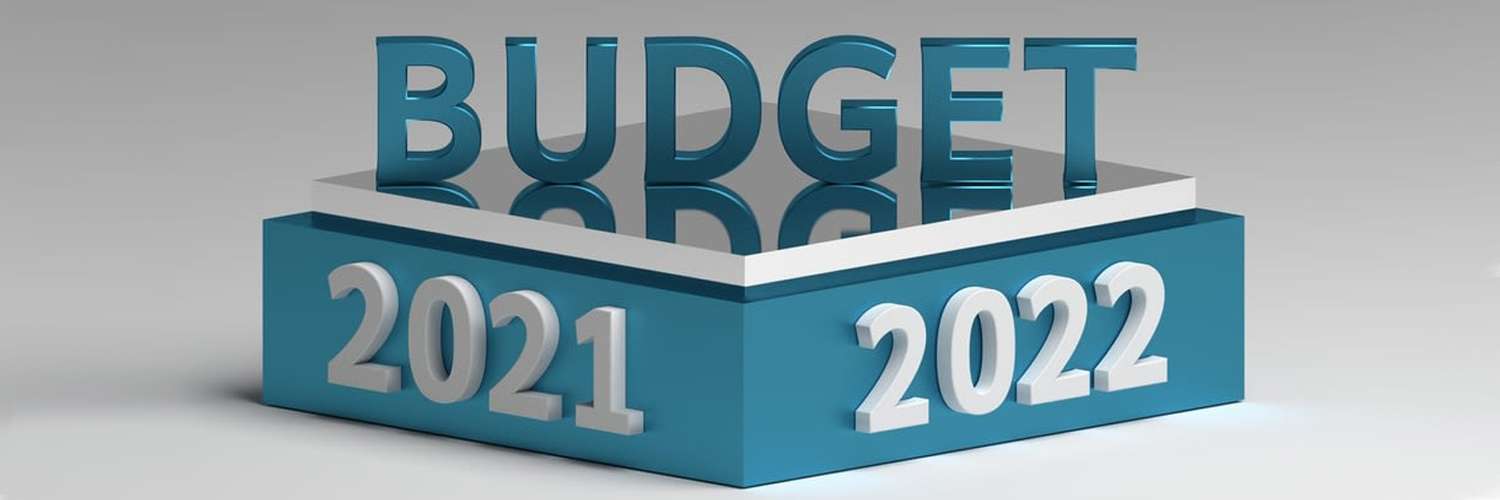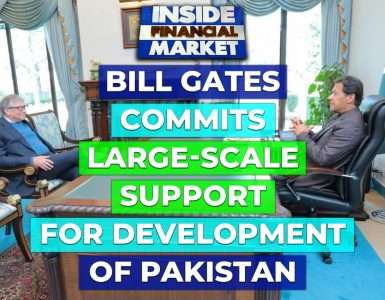The government Thursday made it clear that the budgetary targets would be finalised in consultation with the International Monetary Fund (IMF) and hinted at slapping additional taxes of less than Rs500 billion in the upcoming budget.
The government also announced that the salaries of government employees would be increased [in the budget]. Briefing the National Standing Committee on Finance about the macroeconomic targets, Special Assistant to the Prime Minister on Finance and Revenue Dr Waqar Masood said the government would envisage GDP growth target of 5 percent and 8.2 percent inflation for the next fiscal year.
The committee met at the Parliament House here with Faiz Ullah Kamoka in the chair. He said the IMF wanted to fix the FBR target at Rs5.963 trillion but it would be set after evolving consensus with it.
He said the government would strive to go as close to the target as possible. “We have deferred the electricity tariff hike but it will have to be done in later stages. The budget deficit target has been jacked up to 6.3 percent of GDP in the revised Budget Strategy Paper (BSP) against the target of 6 percent of GDP set earlier and 1 percent would be achieved through the provincial revenue surplus,” he added.
Dr Waqar Masood said Finance Minister Shaukat Tarin wanted to unveil gift schemes to lure taxpayers to pay the GST fully. When the tax net would be broadened, then reduction in the rate of GST could be considered,” he maintained.
He informed the committee that the BSP was initially approved by the federal cabinet in April 2021, but changes took place after achieving the provisional GDP growth rate of 3.94 percent in the outgoing fiscal year.
He said discussions were underway with the IMF on the revised BSP and the Fund had so far agreed in principle that any measures aimed at increasing inflation would be unfair when the third wave of COVID-19 pandemic was coursing through the country.
The IMF in principle agrees to Pakistan’s position, he said, adding that Pakistan would continue to maintain programme discipline of austerity and 2.4 percent fiscal adjustment had already been done to align with the objective of sticking to financial discipline.
However, he said this year the government would provide some relief to the people and there would be no such tax that would cause food inflation and the government employees’ salaries would be raised.
Briefing the committee on the revised budget strategy paper, a senior official of finance ministry said the GDP growth as well as budget deficit, inflation and other numbers for the next fiscal year had been changed.
He said 4.2 percent GDP growth estimated for the next fiscal year in the previous budget strategy paper had now been revised to 5 percent or 5.02 percent, fiscal deficit to 6.3 percent from 6 percent (on the assumption that the provinces would give Rs442 billion or around 01 percent budget surplus otherwise budget deficit be at 7.3 percent) and inflation at 8.2 percent for the next fiscal year.
He said the gross revenue collection target was being projected at Rs7,909 billion and the Public Sector Development Programme (PSDP) at Rs900 billion.
The size of the GDP has been projected at Rs54,341 billion and primary balance negative at 0.6 percent. Public debt to GDP has been revised at 84.3 percent of the GDP to 81.4 percent of the GDP and the current account deficit to negative $4.8 billion from $4.7 billion.
Parliamentarians protested that the break-up of gross revenue collection had not been shared with them and alleged that the government was hiding the revenue projection for the next fiscal year primarily because it might reveal the quantum of taxation measures it would take in the upcoming budget.
In response to the members’ questions, Dr Masood said the IMF wanted Rs5.96 trillion tax collection for the next fiscal year.
Elaborating further, he said the revenue collection target of Rs4.7 trillion for the outgoing fiscal year would be easily surpassed and nominal growth in revenue – inflation and GDP – would be 14 percent. This means the government would achieve Rs5.4 trillion revenue collection through nominal growth on account of inflation and GDP.
He said half of Rs300 to Rs400 revenue was expected from corporate tax exemptions, which had already been withdrawn while the remaining half would be achieved by implementing expansion of sales tax to retail level through expansion of point of sales (POS).
“There is also a proposal to reduce the sales tax rate for retail sector besides introducing a reward scheme on sales tax, which will benefit the buyer,” he added.
About circular debt, Dr Masood said the current stock of circular debt would be reduced to a large extent through non-cash settlement between the government and its departments and a summary to that effect had been prepared (Rs400 billion), Rs400 billion through the agreement with the IPPs, while Rs800 billion PHPL would be made part of the government debt.
He said the flow of circular debt would be a challenge, as capacity payment would also increase.
The meeting was informed that Rs100 billion had been allocated in the upcoming fiscal budget for COVID-19 and the required funding would also be arranged for procurement of vaccine to vaccinate another 70 million population.
INP adds: Finance Minister Shaukat Tarin Thursday reiterated his firm commitment to accelerate growth with the willing contribution of the business community. He was addressing a meeting at the Finance Division to discuss the new tariff for industry and export-oriented sectors in the upcoming budget.
It was a general consensus that there was a need to generate a database, which could establish nexus between tariffs and progress of the export-oriented sectors. It was also acknowledged that the least cost units offered by the government had proved beneficial for the overall productive health of the economy especially export-oriented sectors.
The chair after discussion with the relevant stakeholders decided that for the next budget subsidies will be allocated on the basis of actual consumption and a more targeted approach for disbursement will be adopted.
It was also decided in principle that the growth of export oriented sector will be the main objective of the government while offering any change or consistency in the rates so that the industry should use its full potential and play its rightful role in the development of the country.










Add comment